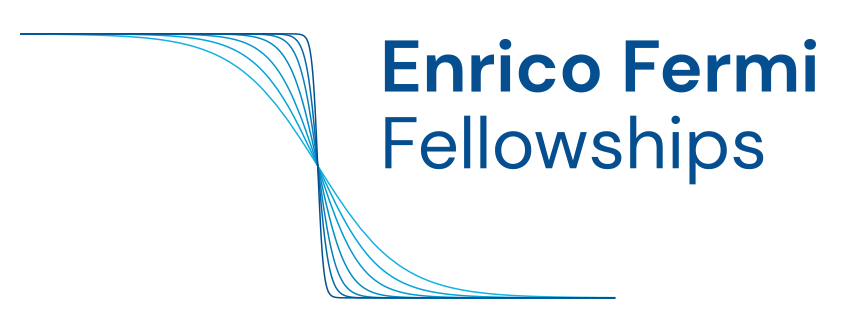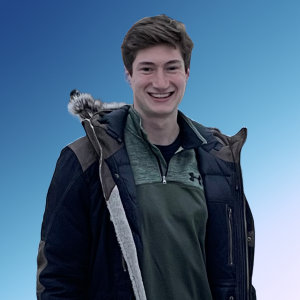Massachusetts Institute of Technology
Supervisors: Vivishek Sudhir (Massachusetts Institute of Technology) – Nergis Mavalvala (Massachusetts Institute of Technology)
Short Bio: I’m a PhD candidate in MIT’s physics department, where I work on quantum optics and precision metrology. I’m interested in studying quantum and classical limits to precision measurements and in designing experiments to reach these fundamental limits in devices such as interferometers, lasers, and angle sensors. Often, reaching the classical limit, or “standard quantum limit,” requires considerable precision engineering. Exceeding the standard quantum limit requires engineering the devices’ underlying quantum state by using “squeezed light” or other techniques. This research naturally incorporates the theory of quantum noise and stochastic systems with carefully classical and quantum engineered experiments to reach these quantum bounds. I plan to leverage my background alongside the deep expertise in classical and quantum engineering available at MIT to develop a quantum-enhanced clock.



